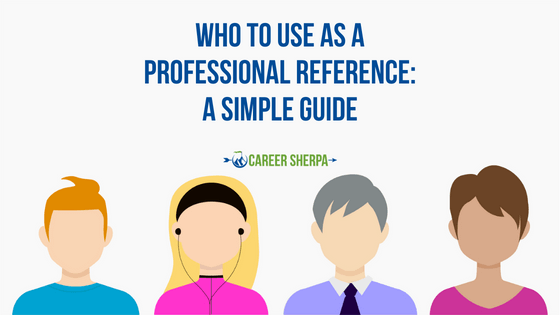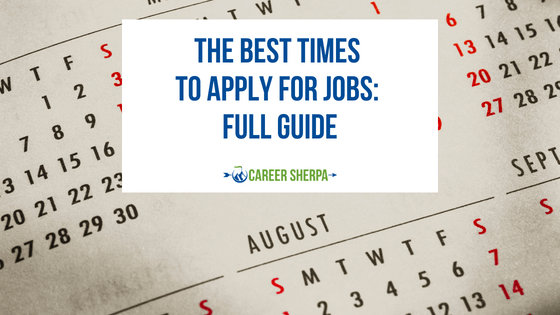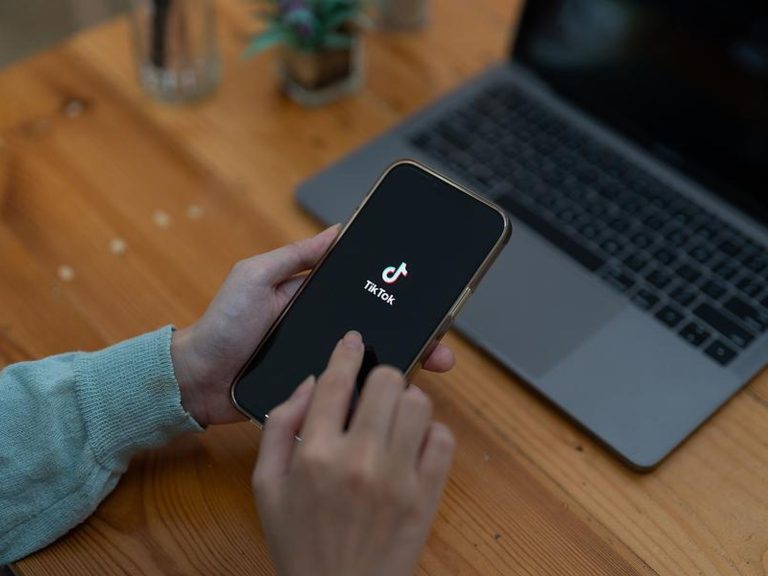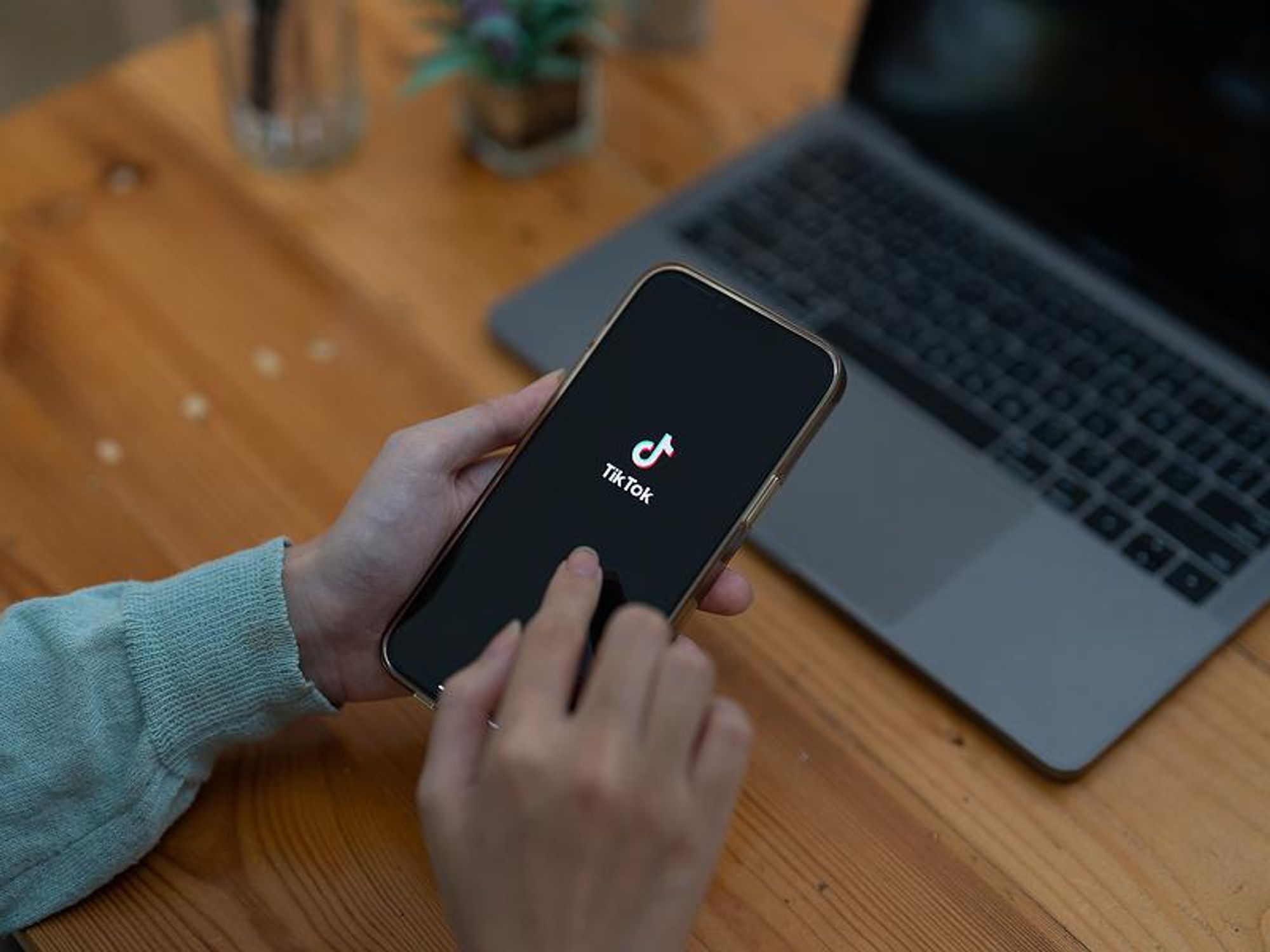
True or false? Recruiters don’t read cover letters.
Most people may think this is true, but guess what? They’re wrong!
Recruiters do, in fact, read the good cover letters.
So, what does that tell us? If most people don’t hear back from recruiters, and recruiters only read good cover letters, that means a majority of cover letters aren’t written well and, therefore, don’t stand out to them.
That may be hard to hear, but it’s the truth.
CRITICAL Cover Letter Mistakes
Often, there’s WAY too much “blah, blah, blah” and “brag, brag, brag” going on in a cover letter. If you write a cover letter that only focuses on how great you are, recruiters are going to toss it.
Why? Because it’s exactly like all the other cover letters they’ve read.
Think about it. Why should they think you’re incredible when they’ve read hundreds of other cover letters saying other people are incredible, too?
If you want to stand out in the hiring process, you MUST have an attention-grabbing cover letter. This an important tool to have, and one that shouldn’t be glossed over. In some cases, your cover letter can hold more power than your resume. That’s huge, right?
Getting Personal On Your Cover Letter

Because the cover letter holds so much power, you need to know how to write one that stands out from the rest. One way to do that is to show a personal connection with the employer.
So, how exactly do you do that?
You can explain how you learned that what they do is special. Showing them that you personally connect with their brand will make you memorable.
Another thing you can do is tell them what it was like the first time you used their product or service. That also shows recruiters that you understand the company and that you believe in what they do.
Lastly, you can tell them about an overall life experience that helps you feel connected to their tribe. This shows that your values and beliefs align with theirs.
The big fact here is that the more personal the cover letter, the better! When you have a cover letter that really has recruiters at “hello,” you know you have their heart AND their mind engaged.
Creating That Crucial Connection

The reason you want to get personal in your cover letter is because you want to create an emotional connection with a recruiter. Once you establish that connection, you’re not just a piece of paper anymore.
This is what we at Work It Daily call a disruptive cover letter. Why? Because it disrupts the reader and gets them to snap out of autopilot mode and really think about who you are as a candidate.
The First Step When Writing A Disruptive Cover Letter

The first thing you need to do is watch a quick video tutorial on how to write this kind of cover letter. You’re going to want to see specific examples so that you know how you should be writing them.
Step 2: Fill Out A Simple Template

You’ll have a template that tells you where the beginning, middle, and end of your cover letter are, and what content should be where. This gives you a great foundation for how to fill out a cover letter properly.
Step 3: Submit That Cover Letter For Review

Once you’re done with your amazing cover letter, have someone review it.
It’s always good to have a second set of eyes on this, especially someone who understands cover letters, recruiters, and the hiring process. This person should be checking grammar, spelling, etc.
So, when all is said and done, how long should it take you to craft a disruptive cover letter? The average time is between one and two hours. That may seem like a lot of time, but think of it this way: once you’ve built a cover letter you know will grab a recruiter’s attention, you’ll be able to use that cover letter format for other job opportunities. You’ll just have to tweak the content in your disruptive cover letter here and there to match the company and job you’re applying to.
Does The Disruptive Cover Letter REALLY Work?

Here at Work It Daily, we know these disruptive cover letters work. We’ve seen hundreds of our clients write KILLER cover letters and get calls for their dream jobs!
So, wouldn’t learning how to write your own disruptive cover letter be good for your career? If so, how much would it be worth?
All of us at Work It Daily personally believe that it’s priceless.
Owning your career change or job search process is a powerful thing, and we believe you can take control of that process and do incredible things.
Need more help writing a disruptive cover letter recruiters will love?
We’d love it if you signed up for Work It Daily’s Event Subscription! Get your career questions answered in our next live event!
This article was originally published at an earlier date.

















































